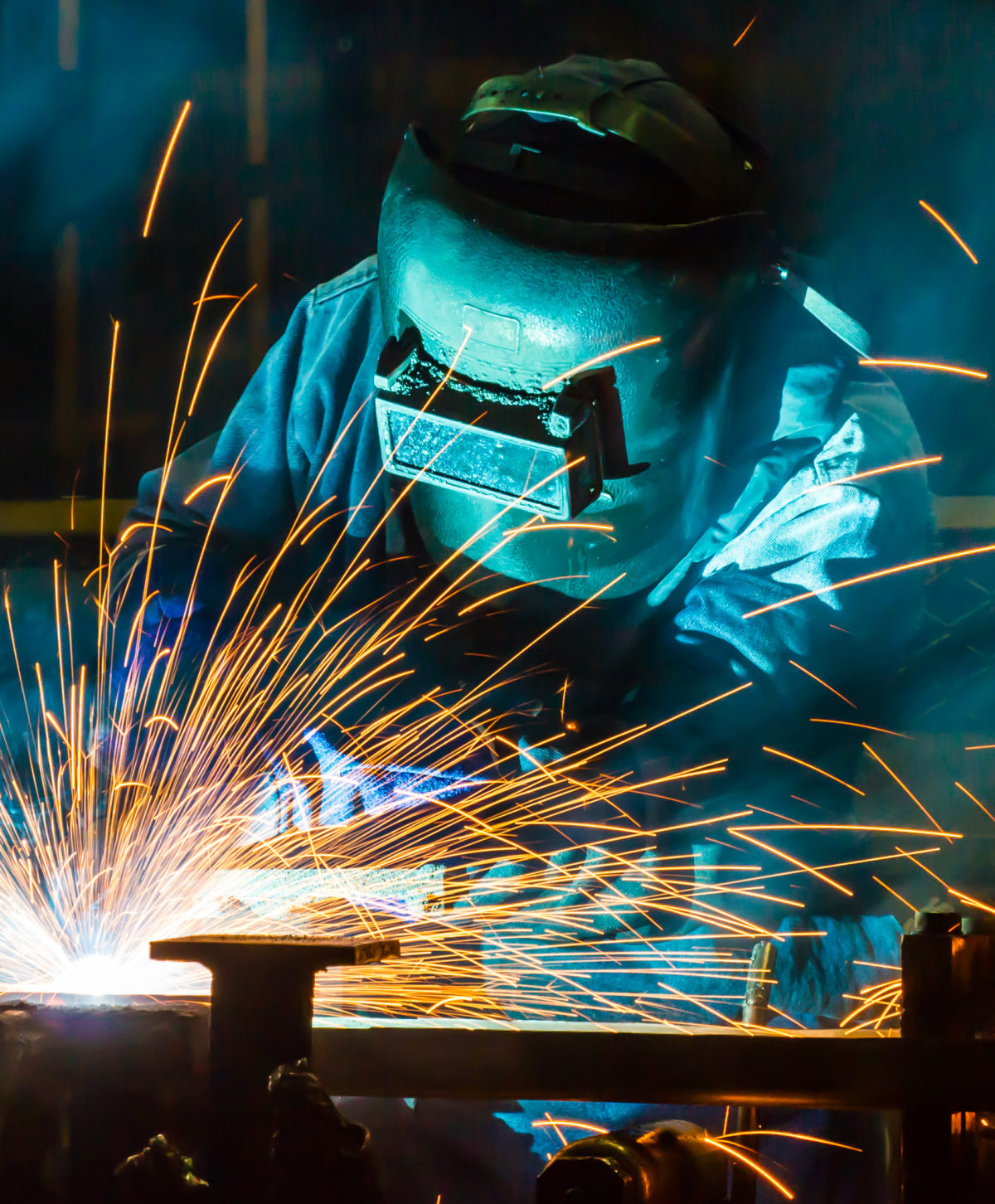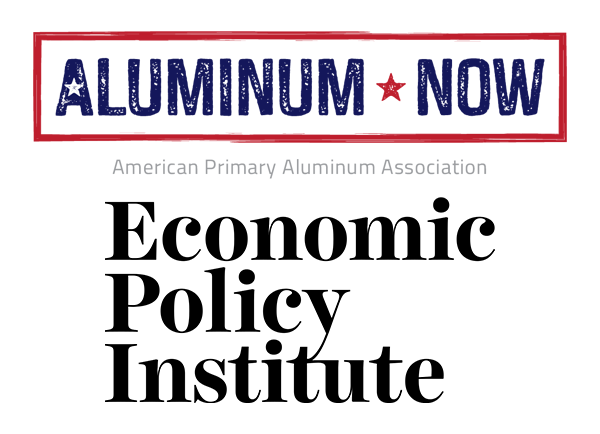Washington, D.C., Oct. 05, 2021 (GLOBE NEWSWIRE) — The American Primary Aluminum Association (APAA), whose members represent the vast majority of U.S. primary aluminum production and employ thousands of American aluminum workers, strongly favor the continuation of the Section 232 aluminum program. Contrary to claims made by associations representing foreign producers, the domestic primary aluminum industry supports a well-crafted tariff-rate quota (TRQ) for the European Union to preserve the effectiveness of the Section 232 program. These common-sense tariffs saved the American primary aluminum industry and are allowing the domestic industry to rebuild, which is critical to U.S. national and economic security.
Prior to the institution of the Section 232 program, all of America’s primary aluminum smelters were slated for closure as a result of the collapse in prices due to the global excess capacity crisis. As a result of the Section 232 program, the U.S. primary aluminum has stabilized and has begun the long process of rebuilding what was lost to decades of the devastating effects of global excess capacity.
Now, U.S. producers have the confidence that their investments are viable. Our members continue to increase domestic aluminum production, with active expansion and hiring programs across the U.S., including in places like Goose Creek, South Carolina, Hawesville, Kentucky and New Madrid, Missouri. The reinvestment in the U.S. primary aluminum industry has only just begun.
Calls from foreign trade groups seeking to phase down the tariff seek only to benefit their affiliated semi-finished European production rather than Building Back Better by investing in American manufacturing and American jobs throughout the entire value chain.
The domestic primary aluminum industry supports a well-crafted tariff-rate quota (TRQ) for the European Union to preserve the effectiveness of the Section 232 program and does not support a phase down of the tariff. The Section 232 program continues to drive investment, expansion and the creation of new jobs in the American aluminum industry, both upstream and downstream. The program should remain in place to allow this critical U.S. industry to continue to recover as we Build Back Better.
About the American Primary Aluminum Association:
The American Primary Aluminum Association advances the interests of America’s primary aluminum industry and its workers through the Aluminum Now campaign. APAA is registered and incorporated in Washington, DC and operates as a non-profit trade association. For more, please visit: www.aluminumnow.org




